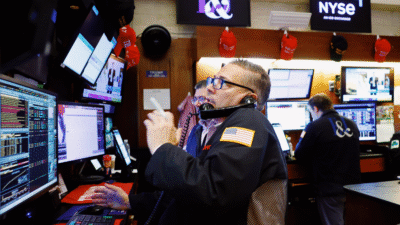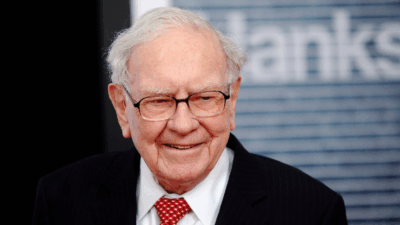
Sign up for smart news, insights, and analysis on the biggest financial stories of the day.
You’re about to get way harder to track on the internet, and for some in the $400 billion digital ad industry that’s a nightmare.
For Goldman Sachs, it’s just another opportunity. The investing giant is putting $75 million into GumGum, an AdTech firm whose tools place advertisements next to relevant content based on sophisticated scans of the text, video, audio and images on a webpage.
Google and Apple Clamp Down, Investors Stock Up
GumGum, which was founded in 2008, has until now flown under the radar, but Silicon Valley is set to reconfigure the digital ad playfield in a way that could make it a major player.
- Google plans to ban third party cookies, which track users from site to site and which advertisers can use to follow them, from its Chrome browser next year.
- Apple plans to make it harder to target iPhone users with ads later this year.
- Policymakers from the EU to California are introducing legislation that increasingly puts up walls to protect consumer privacy online.
With this in mind, investors are now scrambling to get in on alternatives to audience-based ad-targeting.
- Goldman’s investment means GumGum — which doesn’t track users — has raised $122 million, and its valuation tripled to $700 million.
- Iris.TV, a video-data firm that also specializes in contextual ad technology, raised $18 million in a new round led by Intel last week.
- VidMob, whose software analyzes creative content in digital ads, raised $50 million in February at a $290 million valuation.
“Privacy is global and regulation is global,” said Phil Schraeder, GumGum’s CEO, in a nod to his firm’s appeal.
Same Old Struggle: While it breaks from the cookie model, GumGum isn’t impervious to the cyclical nature of the advertising sector. The company laid off a quarter of its employees last year after the pandemic forced marketers to slash ad spending. Schraeder said it has rebounded and now employs about 250 people.
the takeaway
You might be harder to track, but Goldman still has its scent for where the bucks are.











